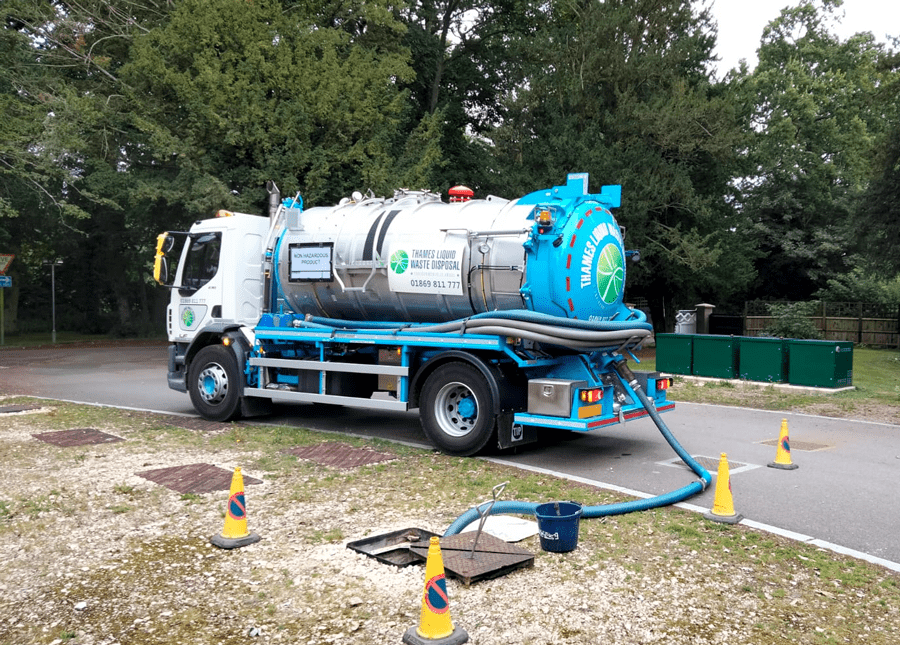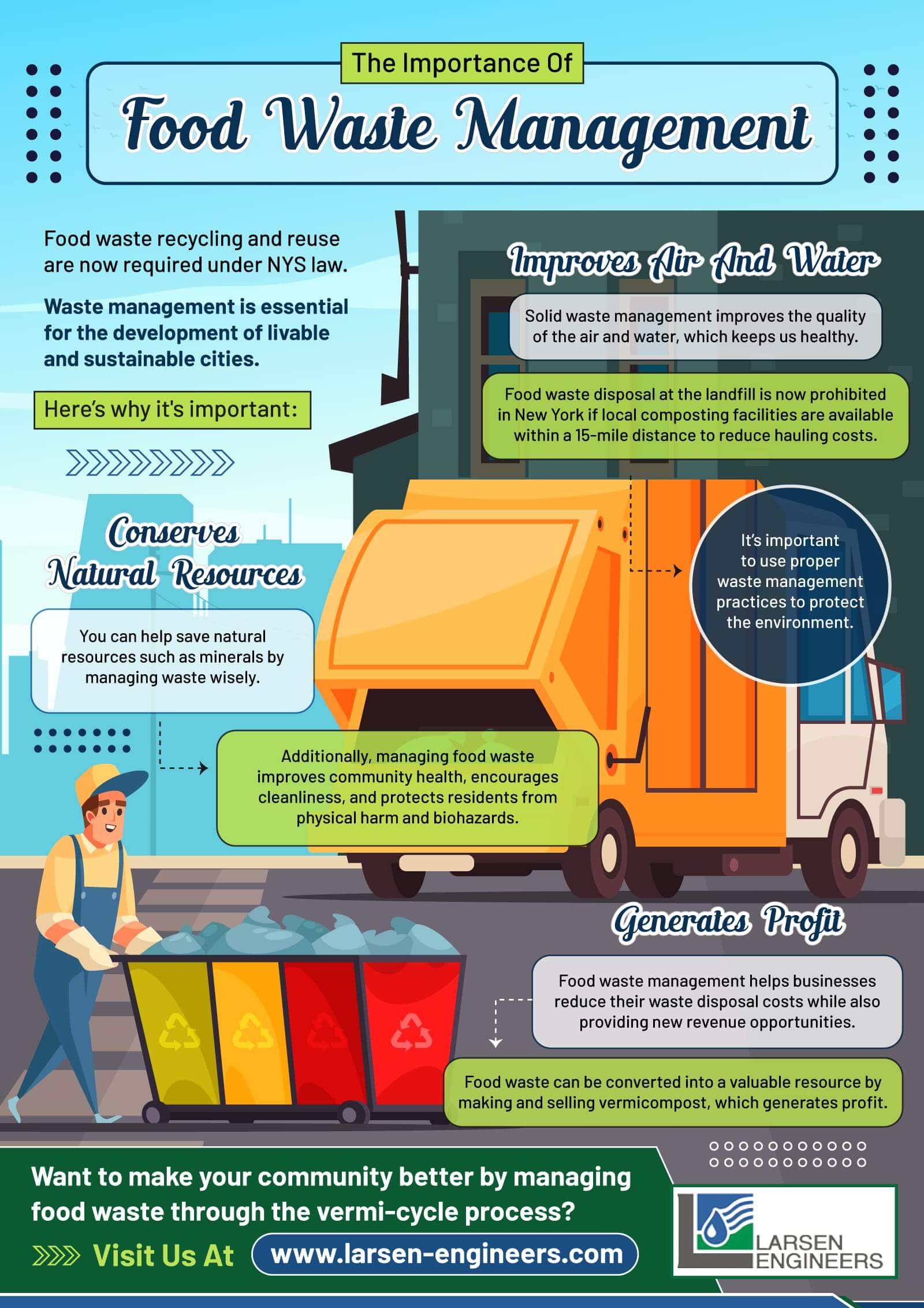Some Known Incorrect Statements About Reclaim Waste
Some Known Incorrect Statements About Reclaim Waste
Blog Article
Not known Facts About Reclaim Waste
Table of ContentsMore About Reclaim WasteOur Reclaim Waste PDFsSome Ideas on Reclaim Waste You Should KnowEverything about Reclaim WasteOur Reclaim Waste Ideas
With correct liquid waste administration, firms can lower energy-intensive treatment procedures and disposal prices. They additionally get to save sources and allot them in other appropriate processes. There are many regulations that safeguard public health and wellness and the setting. By adhering to a system for managing liquid waste, business can prevent expensive penalties and fines and stay clear of adverse attention.(https://profile.hatena.ne.jp/reclaimwaste1/)Collect representative examples from various points within the waste stream to guarantee accuracy. Liquid waste, especially dangerous ones, presents considerable threats throughout this action.

Disinfection (e.g., chlorination, ultraviolet light, ozonation) and nutrient elimination (e.g., denitrification and phosphorus obliteration) are advised under rigid policies. Numerous firms breached several fluid waste disposal guidelines in recent years.
The Buzz on Reclaim Waste

Superficial basins have liquid waste that is permitted to vaporize through natural procedures. This kind of disposal is subject to stringent ecological regulations due to potentially harmful emissions.
The searchings for ought to be documented, assessed, and saved not just for submission to regulative authorities yet additionally for making improvements in the future. Use reliable equipment, techniques, and software application options to make certain accurate and consistent data collection. Remain upgraded on pertinent ecological regulations and industry requirements. Share info with appropriate stakeholders (e.g., staff members, governing federal government firms, and nearby communities) to maintain openness and liability.
No matter the company dimension or sector, there are many difficulties associated with this task. Recognizing these can aid them properly manage their operations and decrease their environmental influence. makes it difficult to treat and throw away liquid waste safely. Business that can not purchase facilities ought to consider teaming up with the public industry for far better remedies.
The smart Trick of Reclaim Waste That Nobody is Discussing
By carrying out extensive monitoring systems that include treatment and reusing techniques, routine monitoring, threat assessments, and adherence to neighborhood and federal guidelines, commercial facilities can add to the protection of groundwater products, ensuring their availability for future generations (liquid waste removal). Allow's explore the value of reliable fluid waste management in the commercial field, focusing on its implications for guarding groundwater resources
The air pollution of groundwater sources due to incorrect liquid waste administration in the commercial field has far-reaching repercussions for human health and wellness, farming, and the environment in its entirety. Some of the potential impacts triggered by such pollution include: Polluted Drinking Water Supplies: As groundwater supplies a considerable part of our drinking water, air pollution from commercial tasks can bring about hazardous chemicals and bacteria entering our water systems, positioning health risks for humans.
Reduced Agricultural Performance: Farming counts greatly on groundwater for irrigation; for that reason, polluted water can hinder plant returns, pollute agricultural items, and impact food security. Offered the value of protecting groundwater resources, it is crucial for businesses to take an aggressive position in managing their fluid waste properly and avoiding pollution.
The Single Strategy To Use For Reclaim Waste
Fluid waste can pollute land and contaminate waters. Details about dealing with and keeping fluid waste, reacting to spills and reducing liquid waste is offered in the complying with reality sheets and guidance:.
The function of waste management professionals in protecting this precious resource can not be overemphasized. Polluted water and contaminated effluent management: Making certain that unsafe fluids are safely gotten rid of and dealt with before they can harm our water resources.
Hence, integrating sustainable fluid waste monitoring into economic preparation improves financial security and safeguards the environment, demonstrating the worth of this strategy. In verdict, embracing professional fluid waste management practices is crucial for ensuring a lasting future, securing our environment and protecting the well-being of future generations - liquid waste removal melbourne. At E&E Waste, we are devoted to promoting a better tomorrow with accountable activities today.
When it comes to my response dealing with waste, sticking to proper procedures is crucial for a wide variety of factors. Proper waste disposal is not almost cleanliness; it's regarding making sure the health of our atmosphere, wellness, and the reliable usage of resources. Understanding the value of reliable waste monitoring can aid us all add to a much healthier, cleaner planet.
All about Reclaim Waste
Effective waste management helps keep tidy streets and public areas, decreasing the visual impact of clutter and ensuring that waste does not damage wild animals. When waste is not disposed of properly, it can bring about air pollution, where dangerous compounds can leach right into the soil, water systems, and the air, creating long-term environmental problems.
Report this page